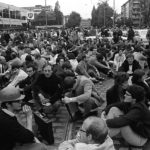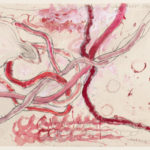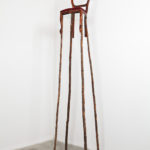
Krahl, Panzieri, and Technological Capitalism
Humans’ capacity to abstract from nature, which they belong to as corporeal individuals, is their capacity for emancipation. —Hans-Jürgen Krahl Introduction My hypothesis in this essay is that a line of continuity runs between the thought of Raniero Panzieri and Hans-Jürgen Krahl. Both share implicit and explicit concerns and insights with the Frankfurt School. It is well-known that Krahl… Read more →
 Viewpoint Magazine
Viewpoint Magazine







